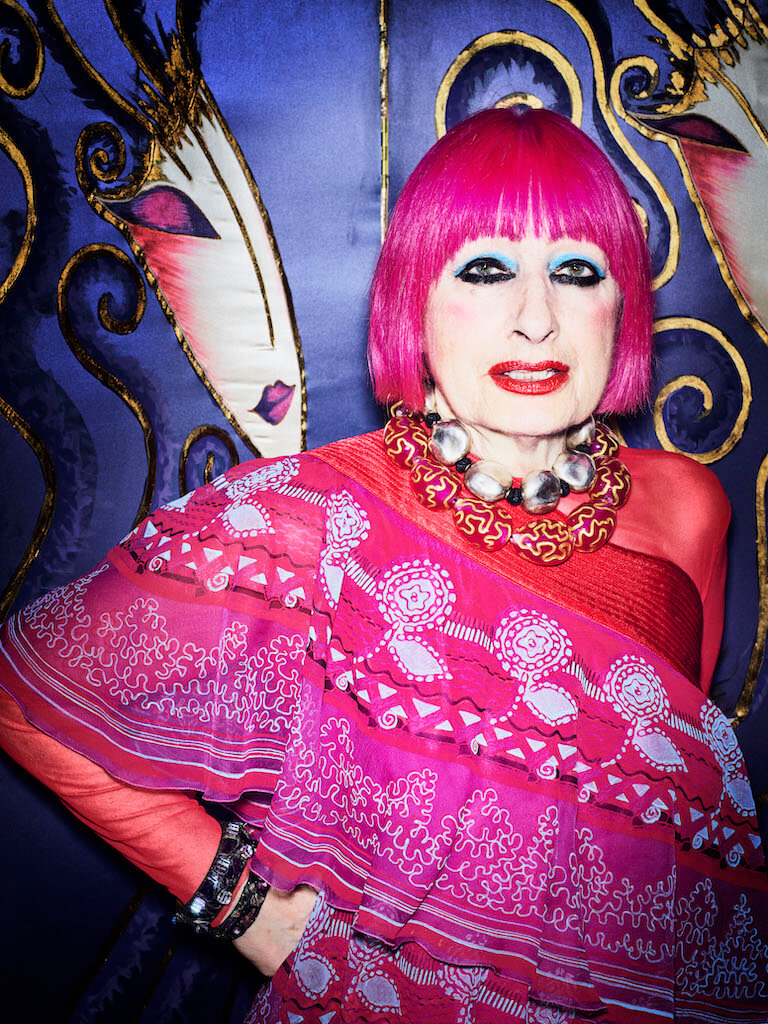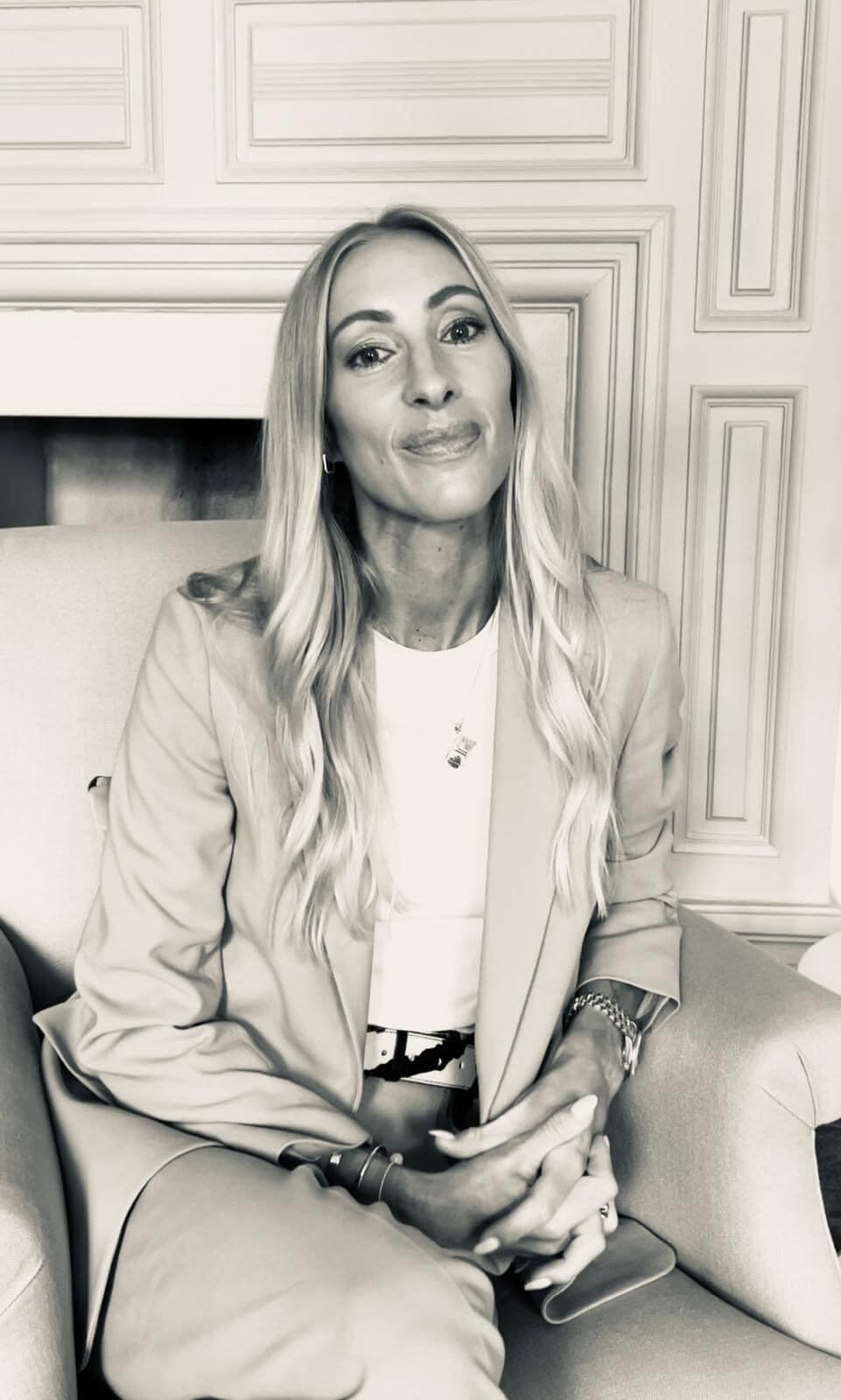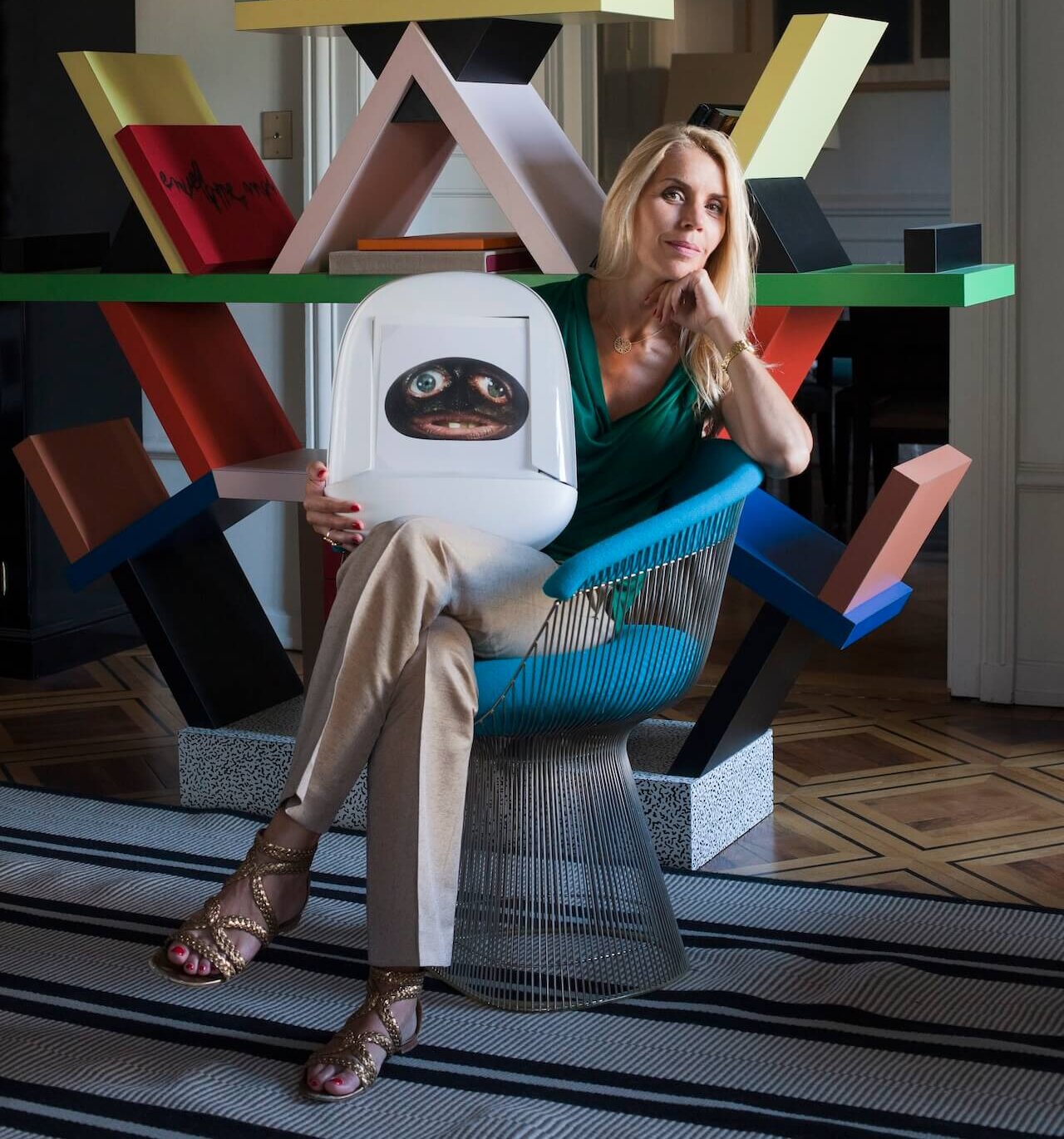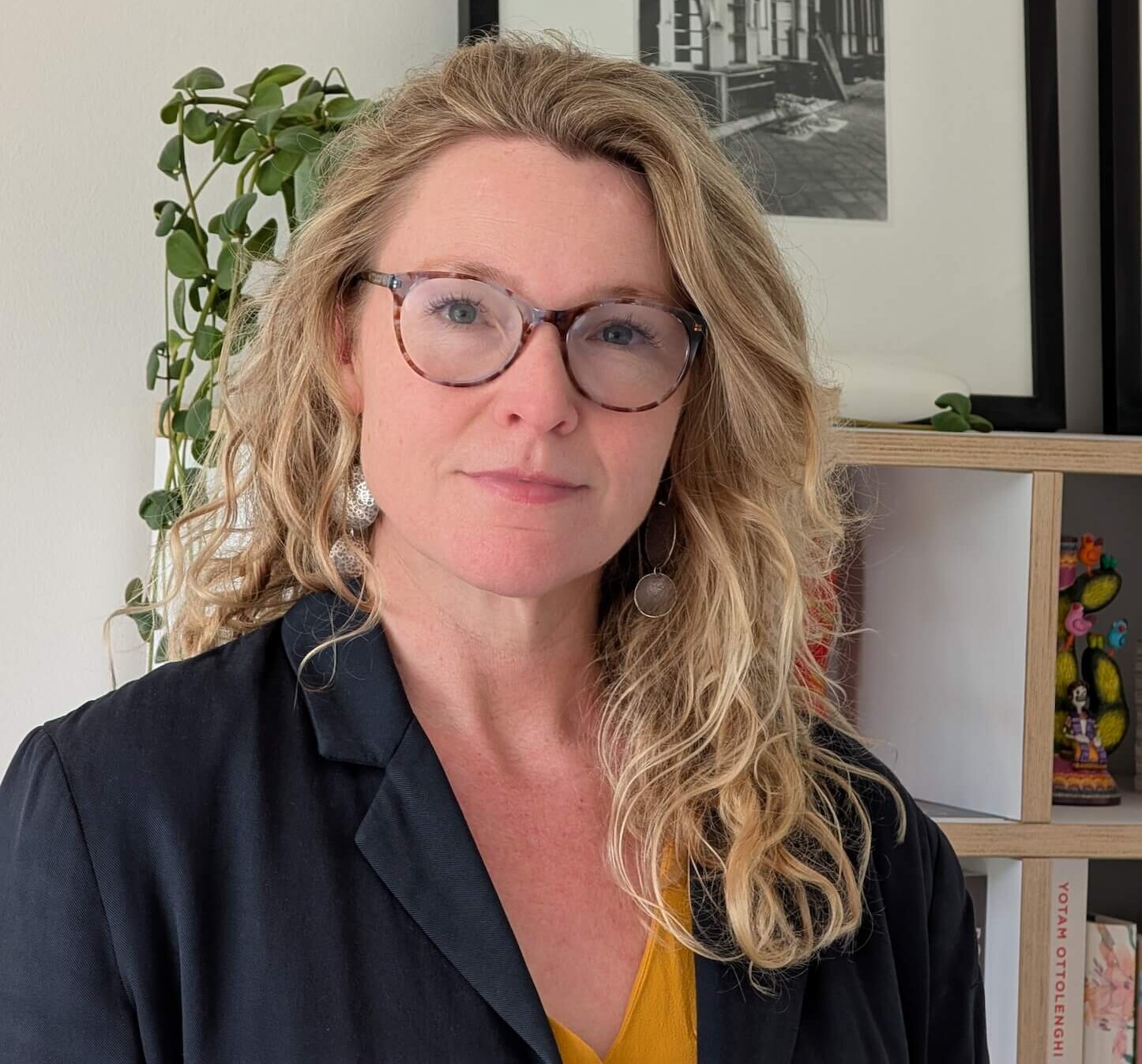

Interview Fashion Designer Dame Zandra Rhodes
In the US, Rhodes found an appreciative audience in Diana Vreeland at American Vogue – after her Knitted Circle collection appeared on the tastemaking publication’s pages Rhodes became one of the fashion world’s most sought-after names and she went on to work with everyone from Rock Royalty to actual Royalty – dressing the likes of Freddie Mercury, Diana Ross and Barbara Streisand, to Princess Diana.
At 84, Rhodes is still a force of nature. In 2003, she opened a museum for British fashion in London, and in 2020, she established the Zandra Rhodes Foundation, to archive and preserve her work and educate future generations of creatives on her methods and techniques. The Wick caught up with the inimitable icon to hear more about the inspiration behind her celebrated designs, how her experiences have shaped her and where she goes to relax on a rare day off.
THE WICK:
You have always pushed boundaries of creativity. Where do you draw inspiration from?
Zandra Rhodes: Nature, travel and my creative friends are my biggest inspirations. Many of my famous prints were inspired by trips I have taken to exciting places. ‘Reverse Lily’ and ‘Field of Lilies’ were inspired by a bouquet of lilies I received from Noboru Kurisaki, a master of flower arranging in Tokyo in the early 1970s. ‘Button Flower’ was largely inspired by buttons I found in Parisian flea markets walking around with Karl Lagerfeld. Andrew Logan, my bestest friend and long-time collaborator, encouraged me to found London’s Fashion and Textile Museum. You have to immerse yourself in everything the world has to offer and surround yourself with brilliant friends. Really my creativity stems from my love and enthusiasm for life and people.
TW: You have always been a master of bold, unconventional colour – how do you think this shapes the emotion and narratives behind your design?
ZR: Colour is powerfully emotional. I express the emotion of my lived experiences through colour, like the wonder I feel when looking at nature or travelling to a new place.
TW: Your work has been worn by icons from Princess Diana to Freddie Mercury and Suki Waterhouse. What do you think makes your designs so timeless and appealing across generations?
ZR: My designs are colourful, printed and dramatic. Wearing colour and print makes you feel joy! They make outfits sing with life! Colour and print are endlessly appealing so perhaps that is why people come back to me!
TW: You recently launched your book ‘Iconic’ who is iconic to you and what do you think makes iconic attributes?
ZR: My mother is my icon. She marched to the beat of her own drum and was incredibly flamboyant. Her boldness and strength is my eternal guiding light. Authenticity and true originality makes an icon.









